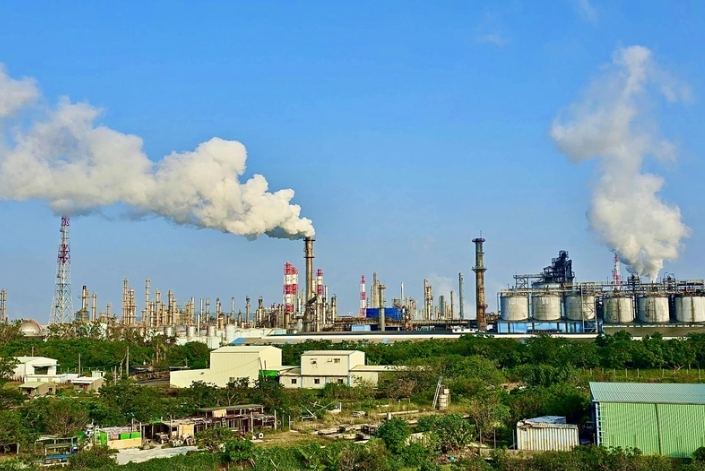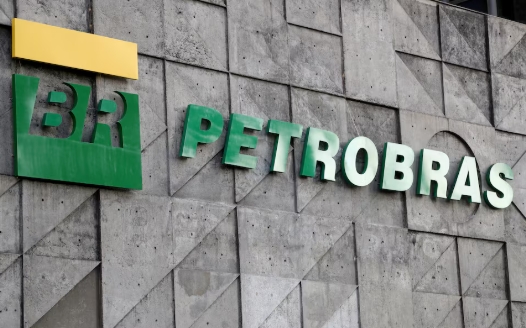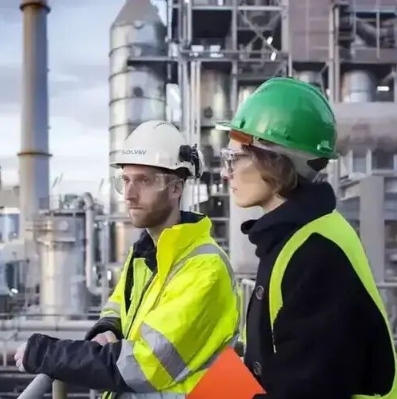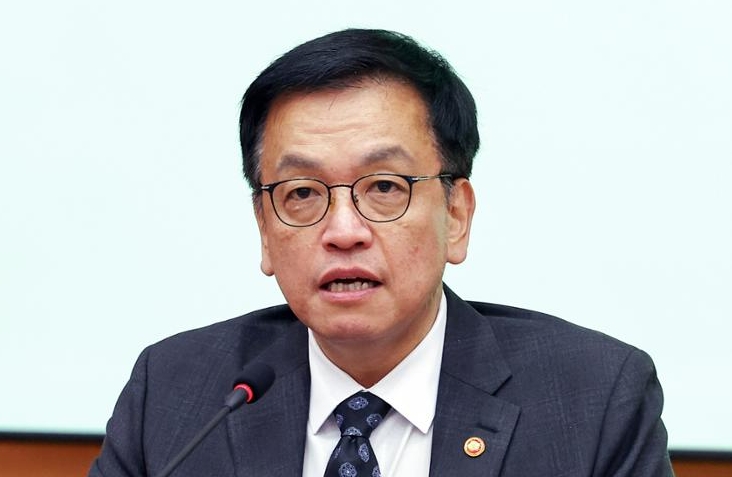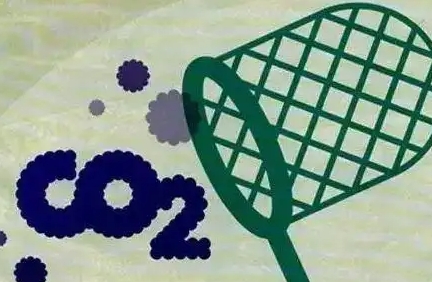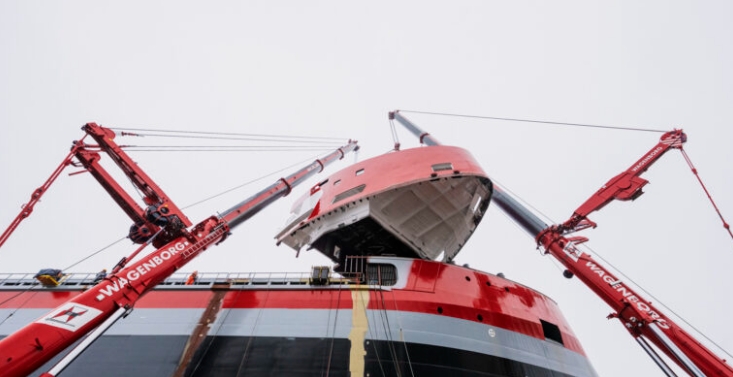South Korean state-owned Korea Gas Corp.'s LNG sales in June dropped 14% from a year earlier, marking the biggest decline in 32 months, due to weaker demand for power generation.
Kogas, which has a monopoly in domestic natural gas sales, sold 1.912 million mt in June, compared with 2.224 million mt a year earlier, according to a company official Monday.
The decline was the sharpest decrease since October 2017, when LNG sales dropped 22.8% from a year earlier.
It also marked the eighth consecutive month of decline after rising for 12 months in a row last year. The sales in June were also down 11% from April, when it sold 2.149 million mt.
Kogas did not disclose how much LNG it sold for the first six months this year, but S&P Global Platts calculations based on Kogas' previous reports showed it sold 17.894 million mt over January-June, down 9.3% from 19.739 million mt in the same period last year.
Of the state utility's total LNG sales in June, purchases by power generators plunged 24.7% year on year to 928,000 mt, which also marked an eighth straight month of decline.
Sales to retail gas companies for households and businesses also fell 0.8% year on year to 984,000 mt in June.
The decrease in sales to power generators was mainly because the country has restarted some of the nuclear reactors which were shut for maintenance and safety checks, according to the Kogas official.
The country's LNG demand is expected to keep sliding as the government has raised retail natural gas prices for households and industry by an average of 4.5% from July 8.
The Ministry of Trade, Industry and Energy attributed the city gas rate hike --- the first increase since July last year -- to higher LNG import and delivery costs. In July 2018, the government raised the price by an average of 4.2%.
Furthermore, the country's aging coal-fired power plants has restarted from July 1 after a four-month shutdown, further slashing LNG demand for power generation.
The country closed four aging coal-fired power plants from March to June as part of efforts to reduce air pollution.
South Korea's LNG demand for power generation is expected to weaken further later this year as the country's biggest nuclear reactor Shin Kori-4 with a capacity of 1,400 MW is scheduled to start commercial operation in August.
The Shin Kori-4 reactor under a test run since January has been connected to the country's electricity grid in late April, and it would start commercial production in August, according to state-owned nuclear power operator Korea Hydro & Nuclear Power Co.
With Shin Kori-4 starting in August, South Korea will have a total of 25 nuclear reactors.
The Shin Hanul-1 reactor with a capacity of 1,400 MW is also scheduled to complete construction in November this year, which means it can be operational early next year.
